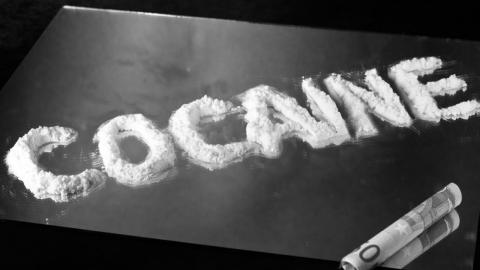
Adults will be allowed to possess a combined total of 2.5 grams of opioids, cocaine, methamphetamine and MDMA.
Canada has announced it will temporarily decriminalise the possession of small amounts of some illicit drugs in British Columbia (BC).
The province asked for the criminal code exemption after overdoses claimed more than two thousand lives in BC last year, BBC News reports.

This time-limited three-year trial is the first of its kind in Canada.
Adults will be allowed to possess a combined total of 2.5 grams of opioids, cocaine, methamphetamine and MDMA.
While those substances will remain illegal, adults found in possession for personal use will not be arrested, charged or have their drugs seized. Instead, they will be offered information on available health and social services
In its request to the federal government last year, BC said it asked for the drug laws exemption in order "to remove the shame that often prevents people from reaching out for life-saving help".
Federal minister of mental health and addictions Carolyn Bennett said on Tuesday that "for too many years, the ideological opposition to harm reduction has cost lives".
"We are doing this to save lives, but also to give people using drugs their dignity and choices."
Vancouver mayor Kennedy Stewart said the decision "marks a fundamental rethinking of drug policy that favours healthcare over handcuffs".
The programme will run from 31 January 2023 to 31 January 2026. There are some exemptions to the scheme, which will not apply to primary and secondary school grounds, child-care facilities, airports, or members of Canada's military.
BC declared the overdose crisis a public health emergency five years ago, and overdose deaths have since reached historic highs in the shadow of the Covid-19 pandemic. Over 9,000 people have died of drug overdose in the province since 2016.
There have been growing calls for a shift in drug policy towards a public health approach from regions across the country. That has included support for some decriminalisation from a number of public health officials as well as the Canadian Association of Chiefs of Police.
Ms Bennett said the scheme in BC could become "a template for other jurisdictions across Canada".
In 2020, Oregon became the first US state to drop criminal penalties for the possession of some illicit drugs.
The state saw a drop in drug arrests though there has been debate as to whether it has prompted more drug users to seek help for their substance use.
Canada legalised the use of recreational cannabis for adults nationwide in 2018.